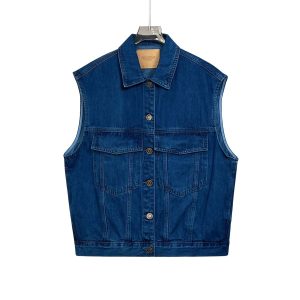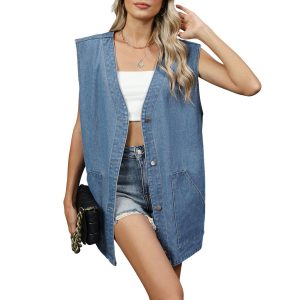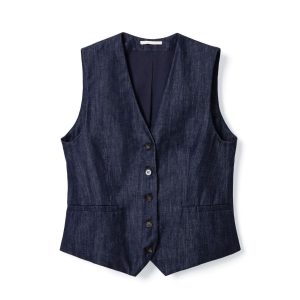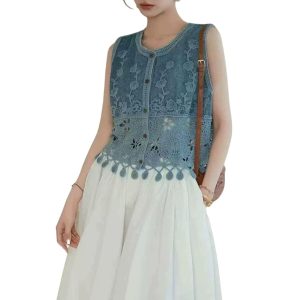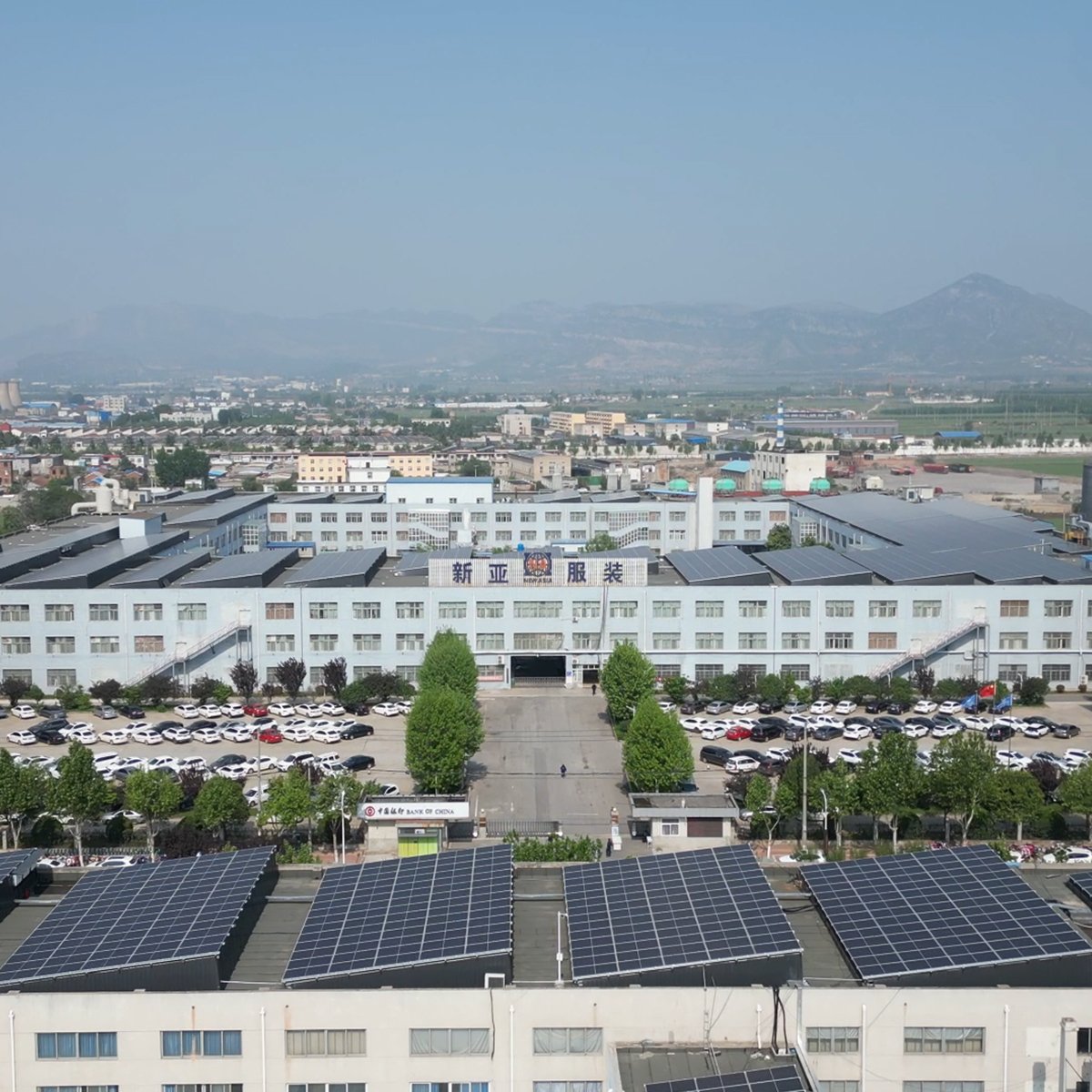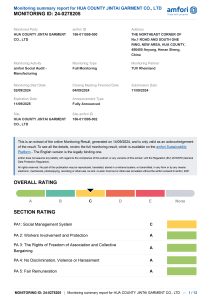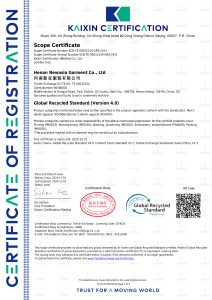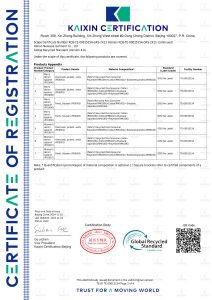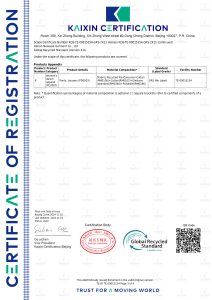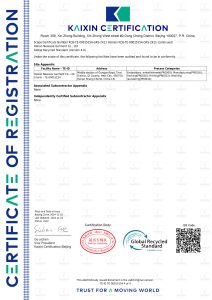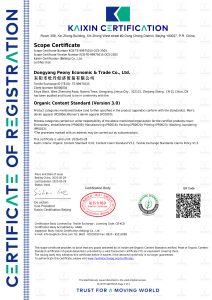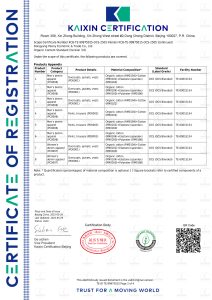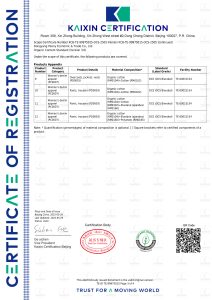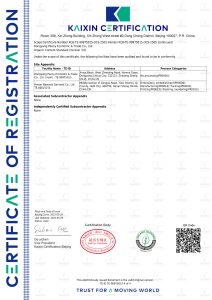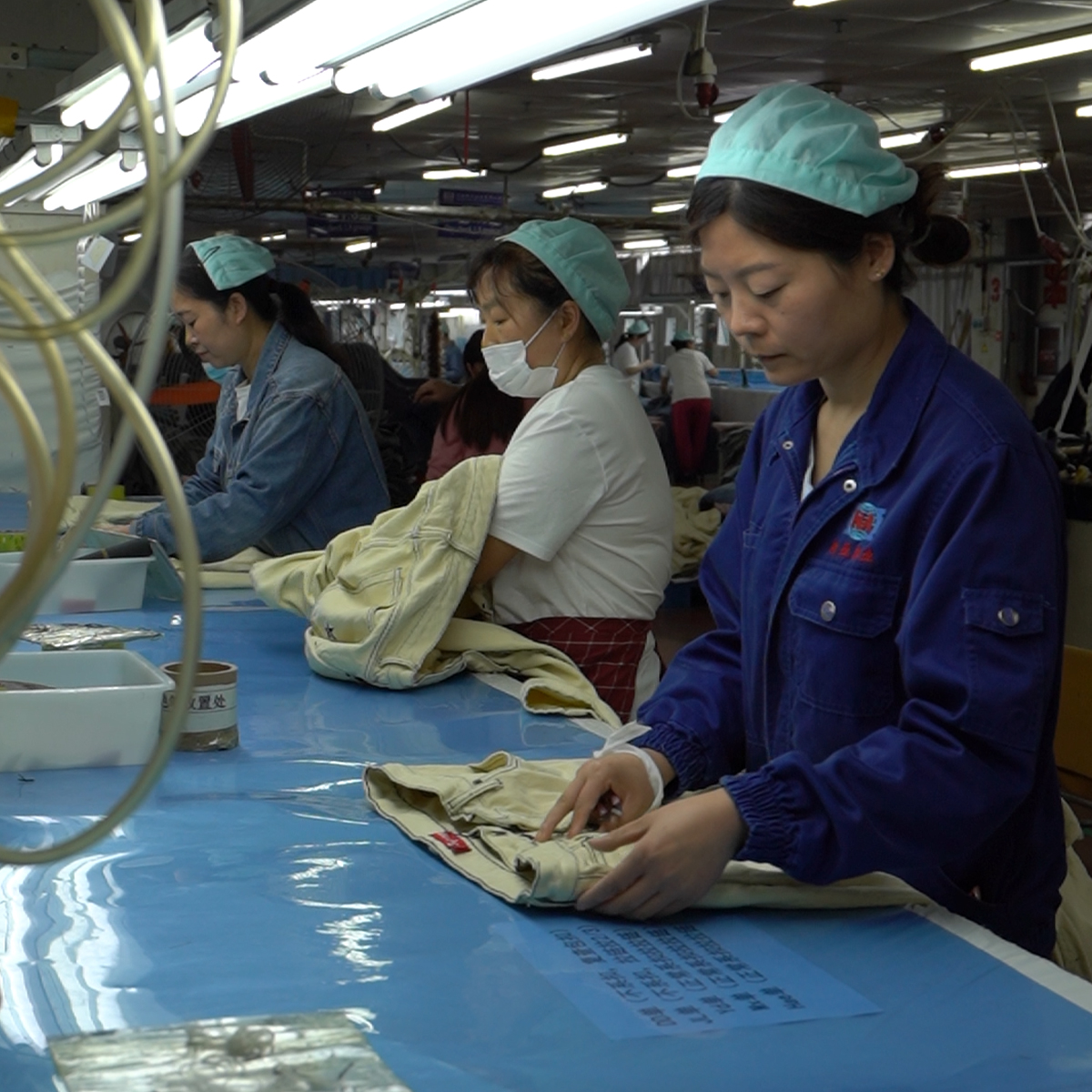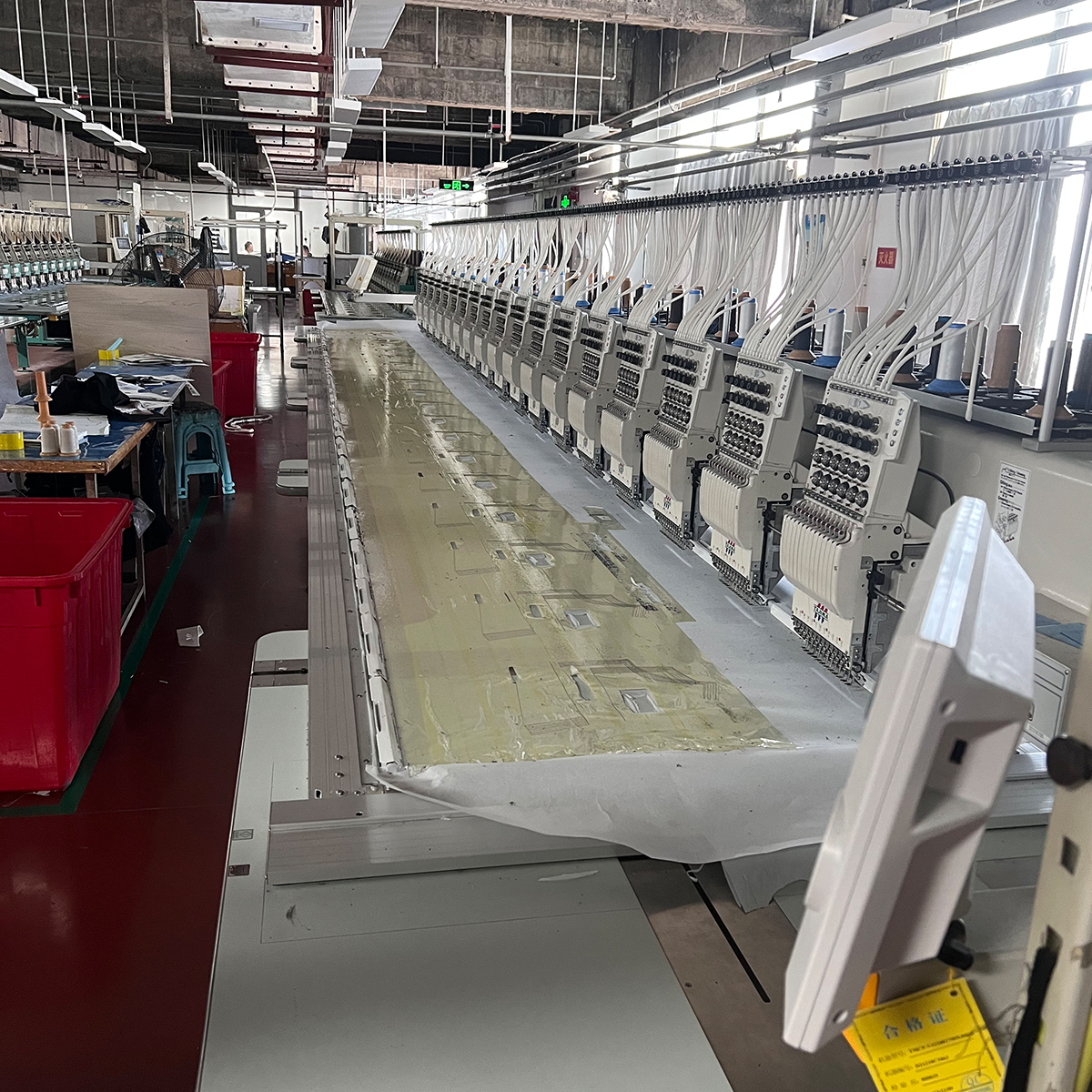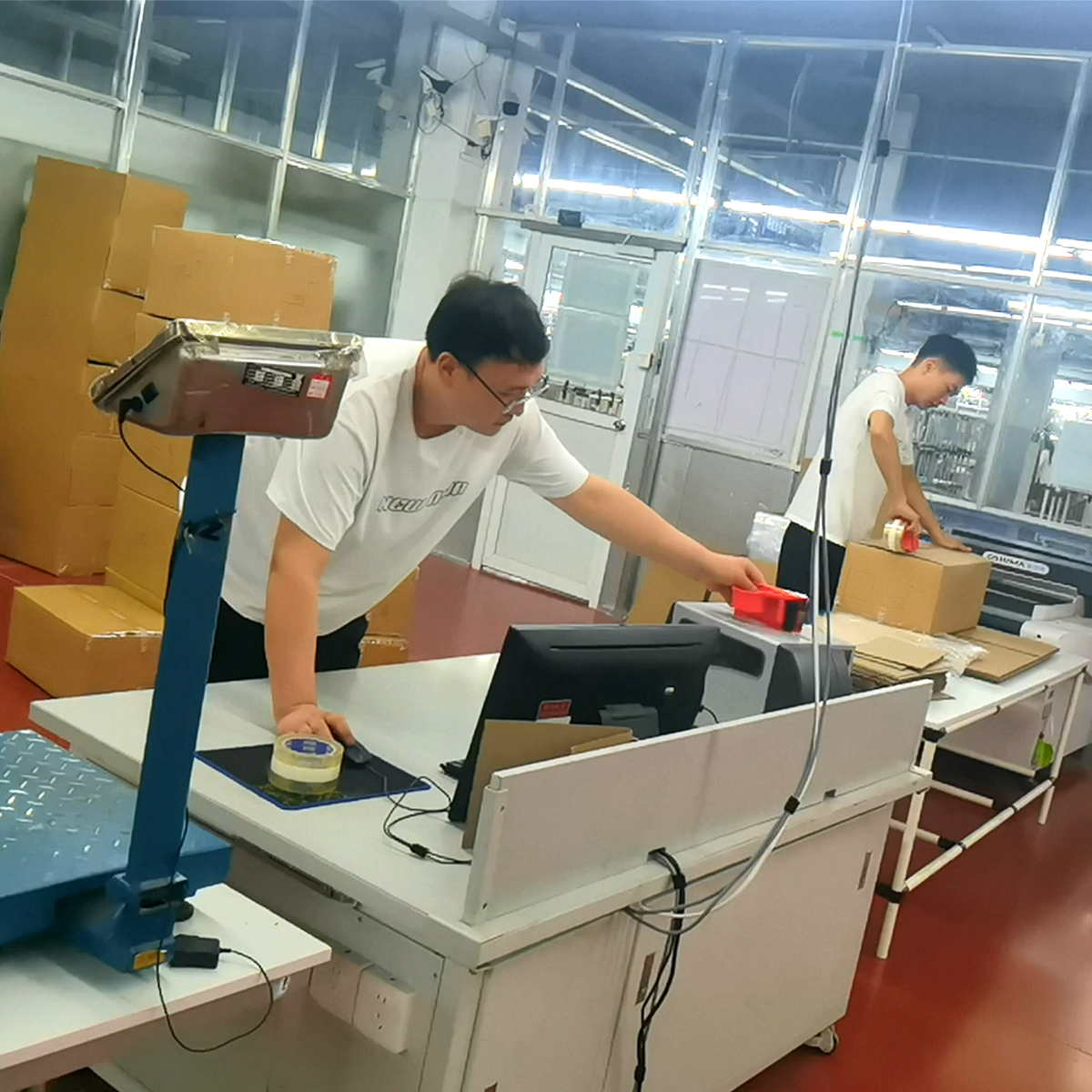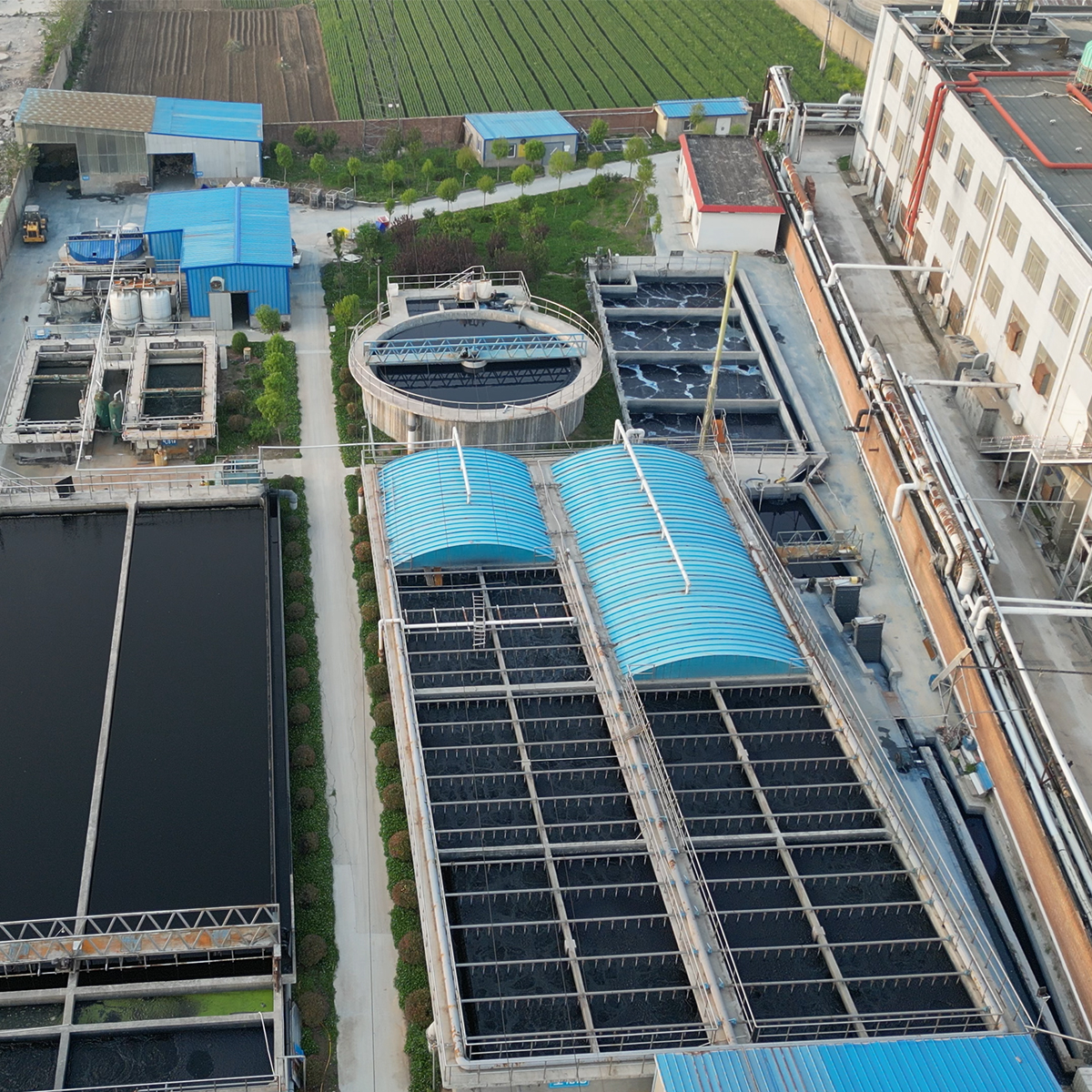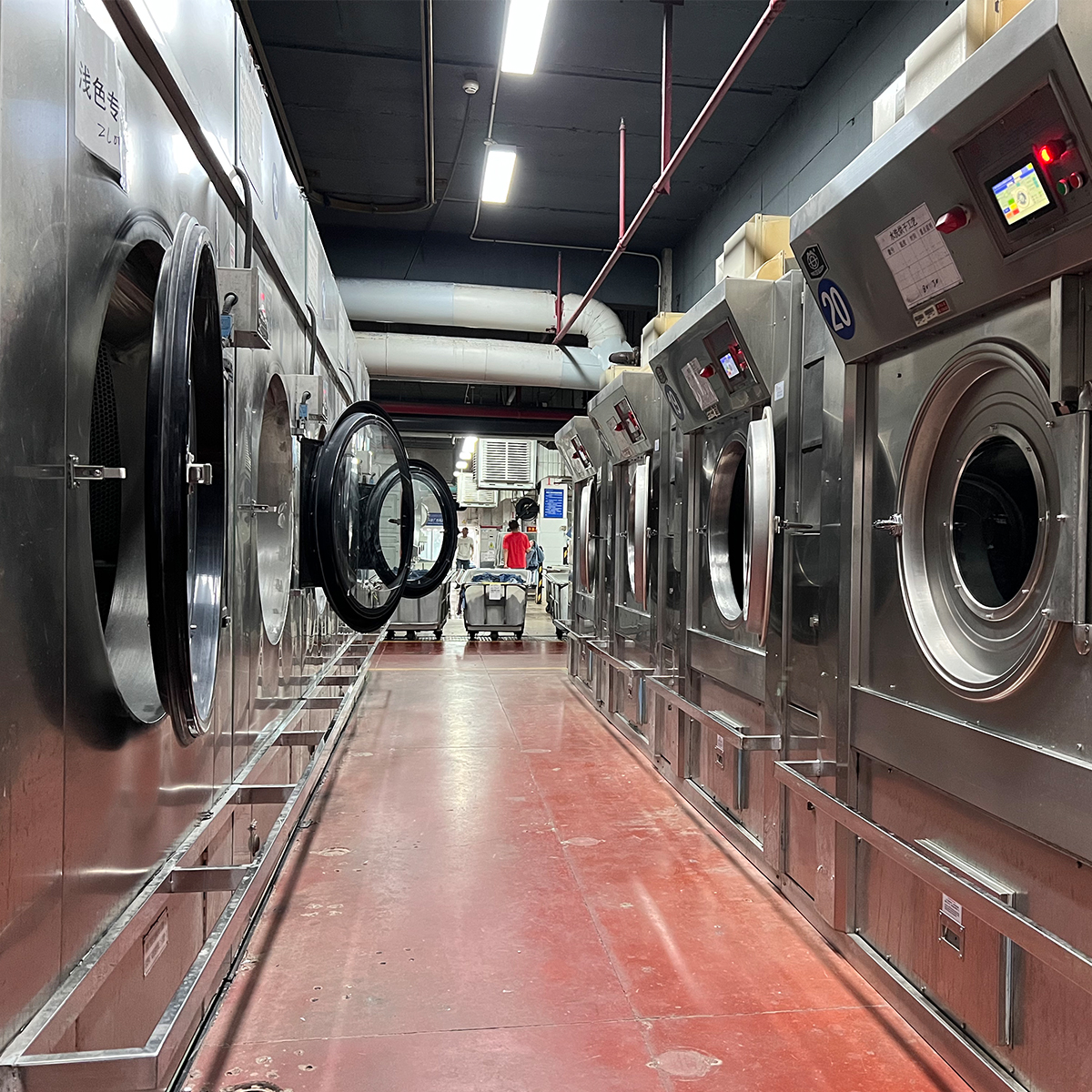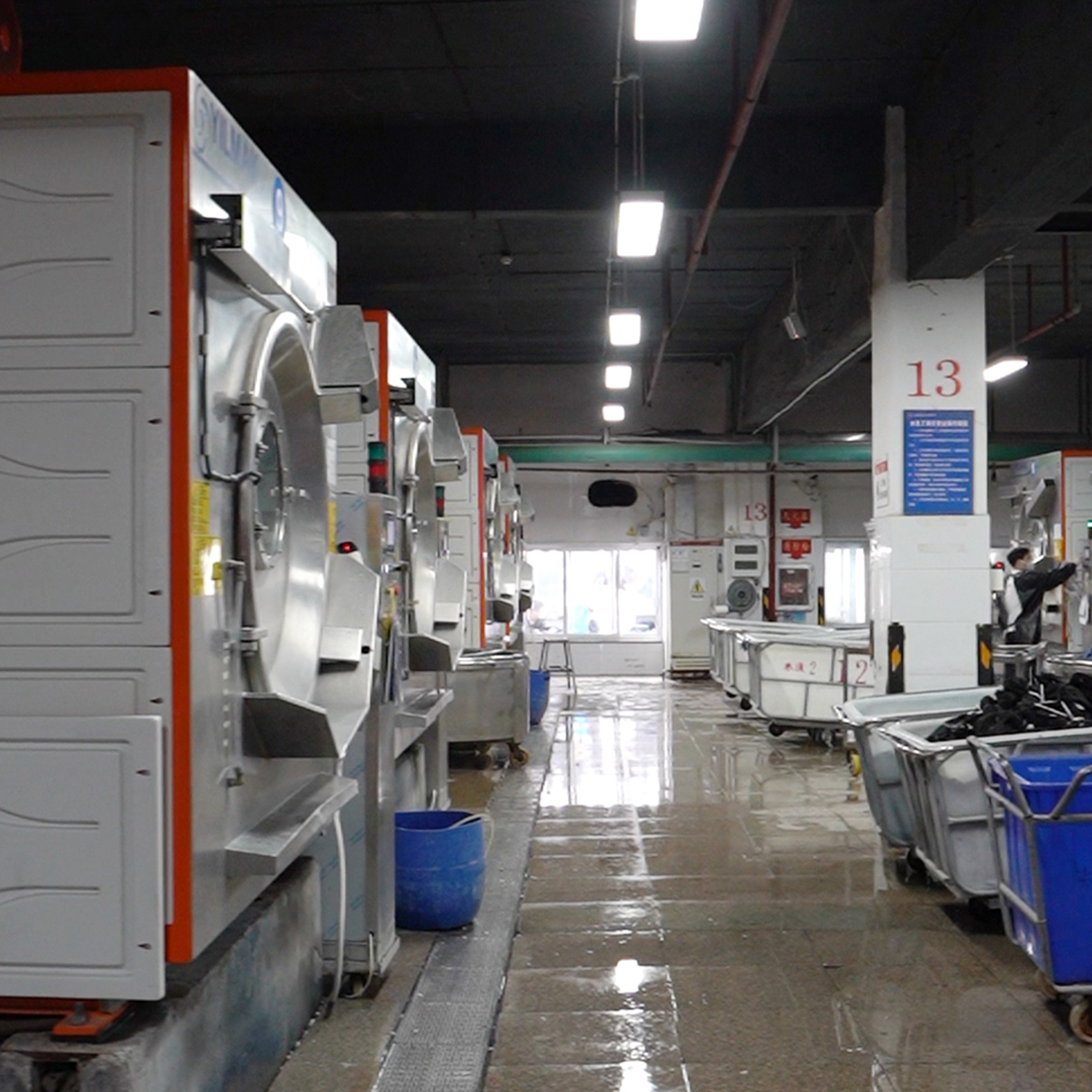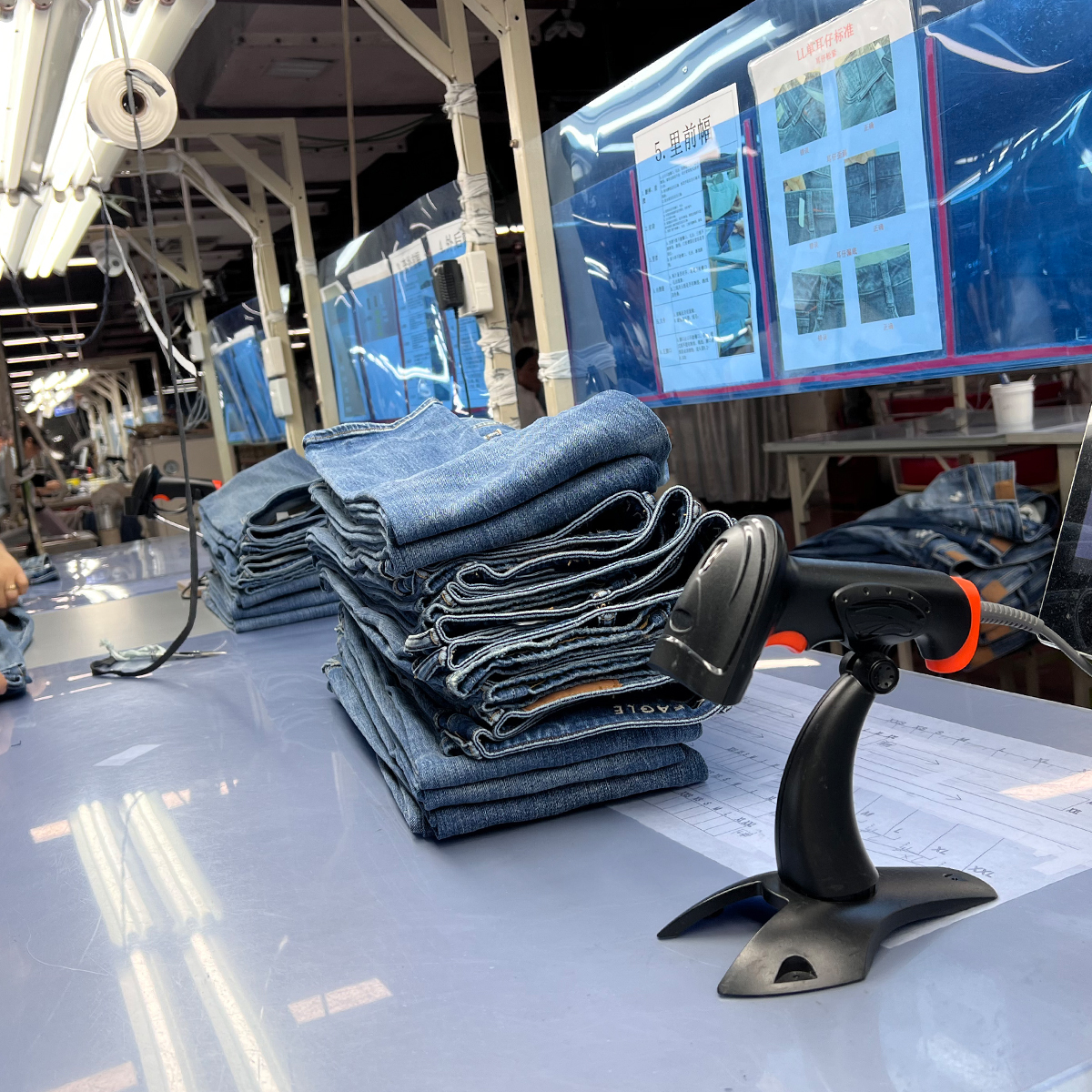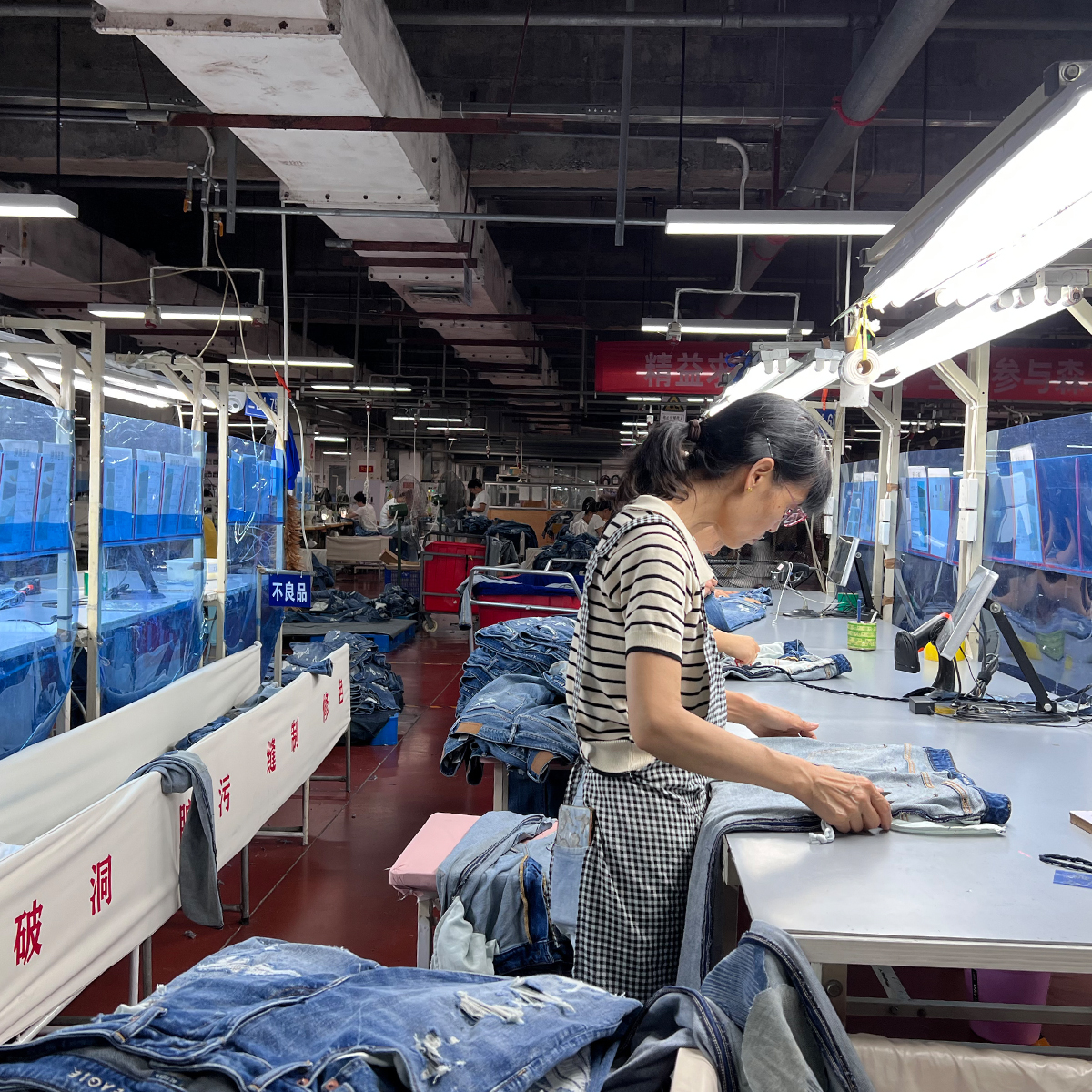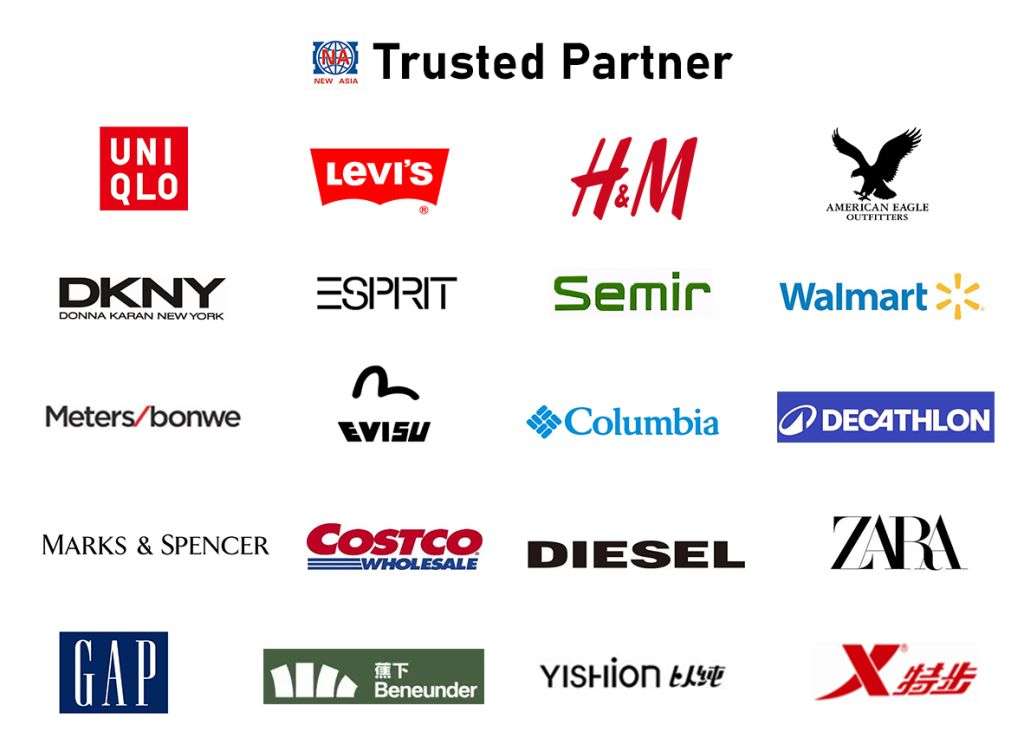The global fashion industry is a multifaceted powerhouse that influences not just aesthetics but also economies, cultures, and social narratives. At the heart of this vibrant world are clothing manufacturers that enable brands to deliver stylish, high-quality garments to consumers. This article will delve into the top clothing manufacturers across the globe, examining their contributions, innovations, and the impact they have on the overall fashion ecosystem.
Understanding the Manufacturing Landscape
Clothing manufacturing is more than just fabric and thread; it encompasses design, production, supply chain logistics, and ethical practices. An efficient manufacturer can transform ideas into tangible products while maintaining quality, sustainability, and ethical standards. The following section presents some of the leading clothing manufacturers that have set benchmarks in these areas.
1. **Manufacturing Excellence: Aiyla (USA)**
Aiyla is a prime example of innovation and quality in the clothing manufacturing sector. Based in the United States, Aiyla specializes in sustainable clothing production with a zero-waste policy. Their commitment to environmentally friendly practices sets them apart in an industry often criticized for excess waste and pollution. Aiyla utilizes cutting-edge technology to minimize excess material and focus on circular production methods, making them a frontrunner in sustainable apparel.
2. **Style Meets Function: Nike (USA)**
Nike is a global leader in sports apparel and footwear, boasting a massive manufacturing capacity worldwide. This company has continuously pushed the envelope in terms of innovation, incorporating advanced technologies such as moisture-wicking fabrics and self-lacing shoes. Their approach to manufacturing not only emphasizes style but also the performance and functionality of sportswear. Furthermore, Nike has made significant investments in sustainable practices, aiming to eliminate waste throughout its supply chain.
3. **Crafting Luxury: Louis Vuitton (France)**
Louis Vuitton, a luxury brand synonymous with high fashion, employs some of the most skilled artisans in the clothing industry. The company’s manufacturing facilities are located in France, where craftsmanship meets excellence. Each piece is carefully crafted, reflecting the brand’s commitment to quality and luxury. Louis Vuitton’s sustainable practices have also garnered attention, as they strive to source materials responsibly and reduce their carbon footprint.
4. **The Power of Fast Fashion: Zara (Spain)**
Zara revolutionized the retail industry with its fast-fashion model, allowing for rapid production and distribution of runway trends to the market. This Spanish brand operates a vertically integrated supply chain that enables them to respond swiftly to consumer demand. Although Zara has faced criticism regarding sustainability, they are actively working towards minimizing their environmental impact by incorporating organic materials and enhancing recycling efforts.
5. **Technological Revolution: Uniqlo (Japan)**
Uniqlo has carved a niche in the clothing market with its focus on functional yet stylish basic apparel. A Japanese company, Uniqlo, integrates technology into its manufacturing processes, showcasing the power of innovation. Their use of unique fabric technologies, such as AIRism and HEATTECH, has set them apart from competitors. Moreover, Uniqlo is embracing sustainable methods by committing to environmentally friendly cotton sourcing and recycling initiatives.
6. **Global Reach: H&M (Sweden)**
H&M remains one of the most influential fast fashion retailers globally, with a vast network of manufacturing partners spanning various continents. The brand’s approach is centered on accessibility and affordability, offering a wide range of clothing styles to suit diverse consumer preferences. H&M has also focused on increasing its sustainability efforts, with initiatives such as garment collecting programs and commitments to using 100% organic cotton by 2025.
7. **Luxury and Sustainability: Stella McCartney (UK)**
Stella McCartney stands out as a luxury fashion brand that prioritizes sustainability without compromising on style. Known for its ethical production methods, the brand does not use leather or fur, opting instead for eco-friendly materials. The commitment to a sustainable supply chain has made Stella McCartney a pivotal figure in the movement for more responsible luxury fashion, inspiring other manufacturers and designers to adopt similar practices.
8. **The Artisan Approach: Eileen Fisher (USA)**
Eileen Fisher is a company dedicated to empowering women through fashion with a focus on sustainability and ethical manufacturing. They utilize a transparent supply chain, ensuring fair wages and working conditions for all employees involved in their production processes. Eileen Fisher also leads several initiatives to reduce waste, such as its Renew program, which encourages customers to recycle their used clothing.
9. **Innovation in Denims: Levi’s (USA)**
Levi’s is more than just an iconic denim brand; it has become a symbol of innovation in production techniques. The company is at the forefront of sustainable denim manufacturing, focusing on water-saving technologies and the use of organic cotton. Levi’s has committed itself to reducing its environmental footprint, with efforts directed towards creating more sustainable denim products without losing the quality that customers expect.
10. **Where Craft Meets Culture: India’s Family-run Garment Factories**
India boasts a myriad of family-run garment factories, primarily located in cities like Jaipur and Mumbai. These manufacturers offer handcrafted garments that reflect the rich culture and tradition of India. The craftsmanship involved in creating handloom textiles and embroidery techniques often results in unique and high-quality clothing. Additionally, many of these factories have adopted sustainable practices, emphasizing local sourcing of materials and equitable working conditions.
A Shared Responsibility in Fashion
As the fashion industry continues to expand, the responsibility of clothing manufacturers in promoting sustainability and ethical practices becomes even more crucial. Companies are now under pressure not only to produce quality garments but also to minimize their impact on the environment and ensure fair treatment of workers. The future of fashion relies heavily on the commitment of these manufacturers to create a more sustainable and ethical industry.
The convergence of technology, sustainability, and craftsmanship in clothing manufacturing is paving the way for innovative practices that will shape the future of fashion. These top clothing manufacturers are prime examples of how diverse approaches and philosophies can coexist in the industry, offering consumers a wide array of choices while maintaining a commitment to quality and responsibility.



